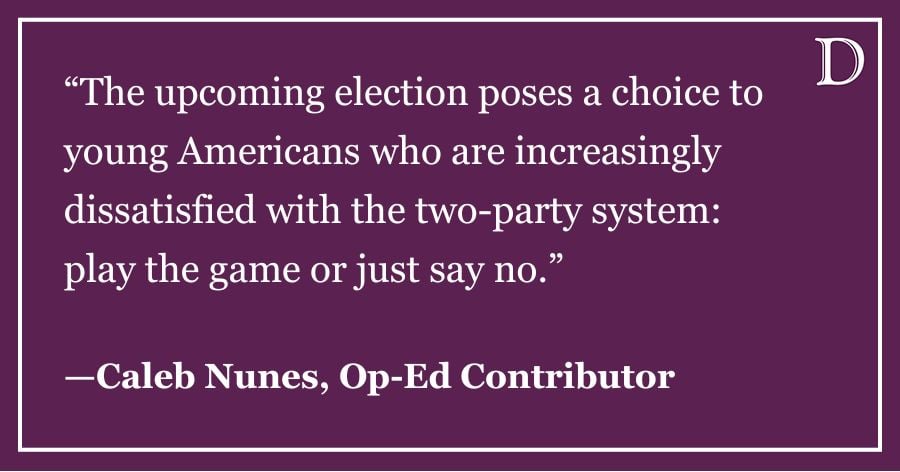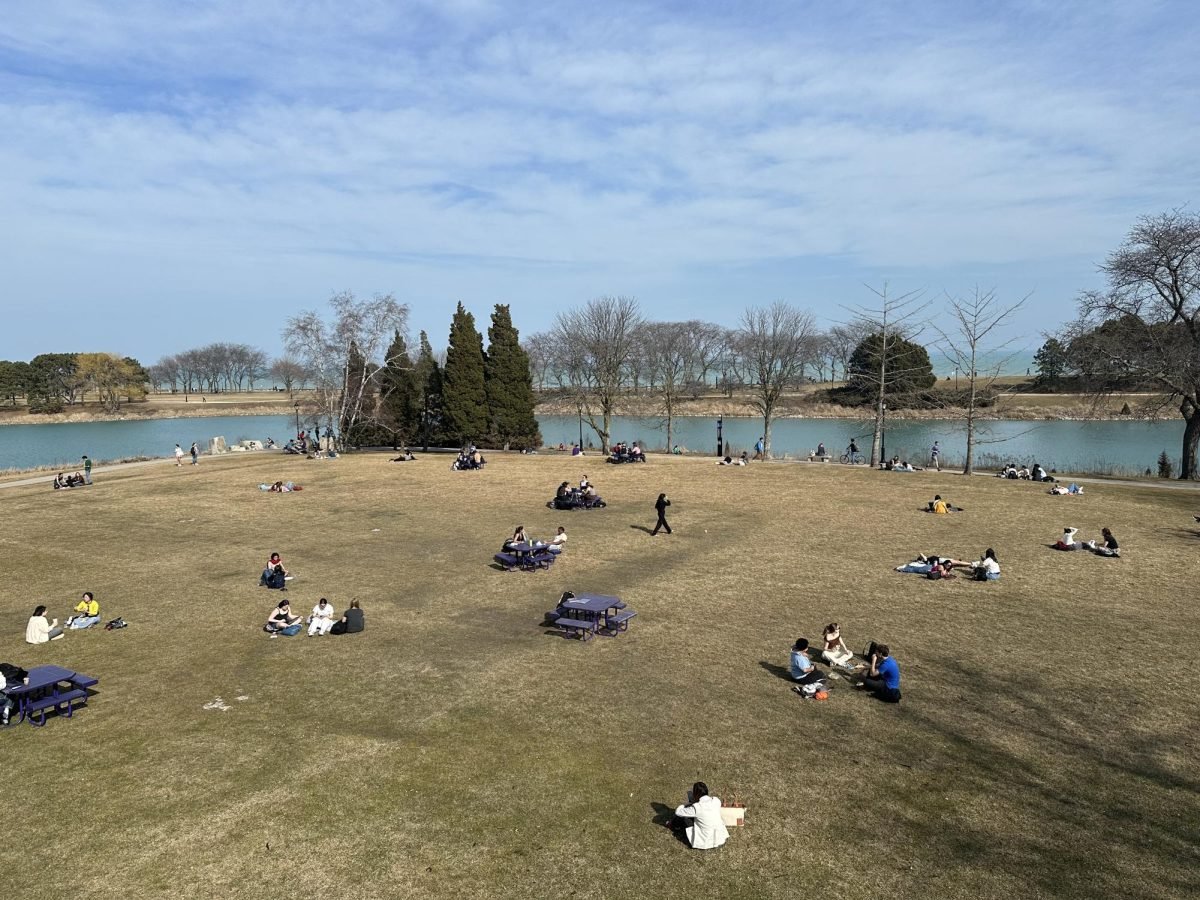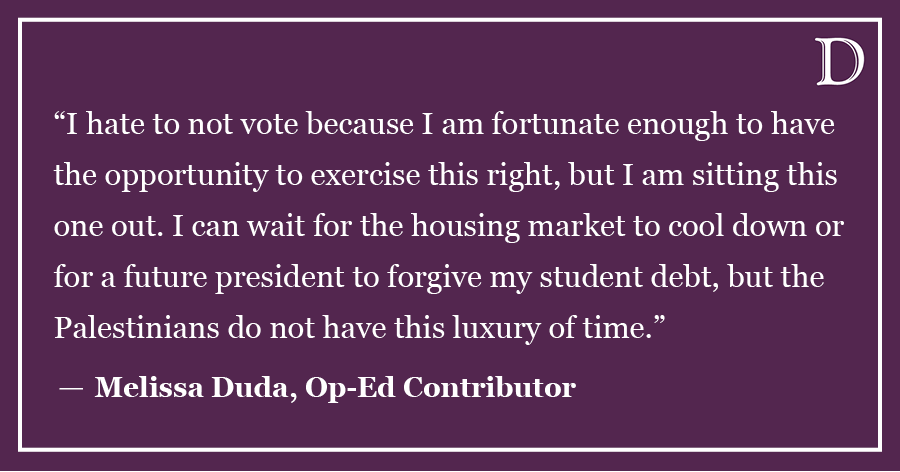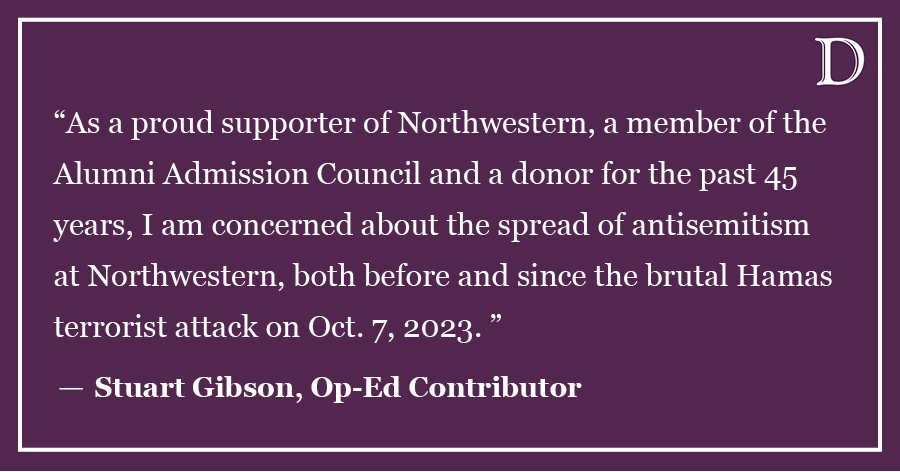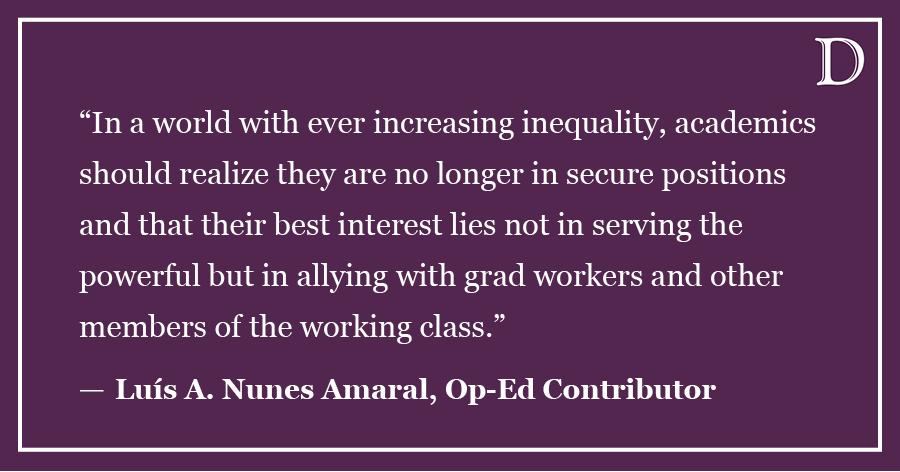Peace Project, The Protest’s mother organization, teamed up with NCDC to lead a 18-student group coalition to bring LGBT and labor activist Cleve Jones to campus. Jones, featured on our cover, spoke on Nov. 15 about his life, including interning for Harvey Milk, losing friends to HIV/AIDs, creating the AIDS Memorial Quilt to memorialize deaths and striving to develop cooperation between the LGBT community and the labor movement. The Protest interviewed Jones before he came to campus. Below are excerpts:
Q: What’s the biggest challenge about being an activist?
A: Endurance. (You need) the ability to stick with it and understand that despite all the momentary crises, there is a bigger picture, and the work we do is just a small part of a long history that is continuing to unfold. When we are young, it’s easy to be disheartened by the setbacks and the defeats that we all inevitably experience.
Q: How did HIV impact the LGBT Movement?
A: HIV required us to become corporate. We needed to raise vast sums of money to care for people who were dying. Half the gay men of our generation were killed, and this new reality of getting corporate and government money led to the creation of new types of leaders who were essentially bureaucrats. They were fundraisers and administrators who had much greater influence on the movement.
Q: What should budding activists know?
A: I strongly believe any movement that only seeks to advance the narrowly-defined interests of its own members is a shallow movement. We should be really eager to find common ground, to find those connections and do what we have to do for our own issue, but always be thinking of ways to link that issue to other parts of this broader and deeper movement.
Q: What should be the top priority of the gay rights movement?
A: I’m old school. If someone informed me in 1972 when I joined the Gay Liberation Front that in the year 2010 I would be campaigning for the right to join the army and get married, honestly I would have tried dating women at that point. I don’t think we should be offering up a laundry list of individual rights. I want to see comprehensive federal legislation. The goal should be equal protection of law in all matters governed by civil law in all 50 states.
Q: Why should students care about workers’ rights?
A: We are increasingly becoming a nation of the very rich and those who are struggling to survive. People forget what labor movement gave this country: the 40 hour work week, child labor laws and social security. Without a strong labor movement, I don’t think there’s much of a future for this country.
This article was created by an affiliate of The Daily Northwestern. The Daily is not responsible for the article’s content. For more information, please contact The Daily’s editor in chief at eic@dailynorthw


